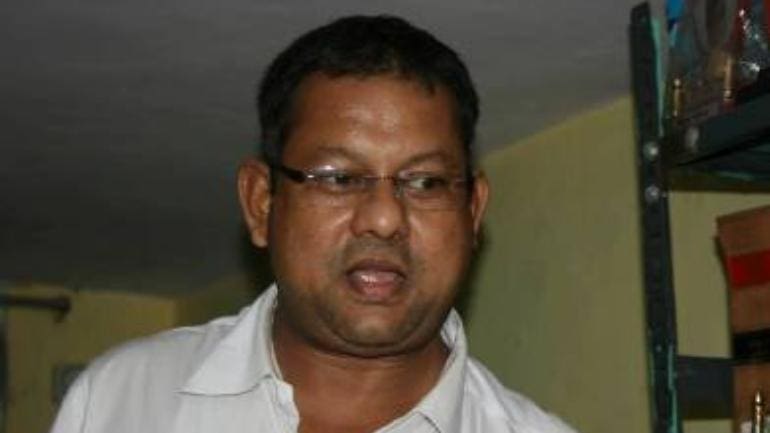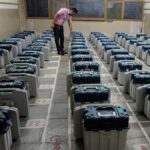The Supreme Court expressed concern on Wednesday regarding the prolonged trial proceedings against lawyer and activist Surendra Gadling in the 2016 Gadchiroli arson case. A bench comprising Justice JK Maheshwari and Justice Vijay Bishnoi questioned how long an undertrial could be held in custody without progress in the case, asking the State of Maharashtra, “But why is the trial not going on? You keep a person in custody without trial for how many years?”
Representing the State, Additional Solicitor General SV Raju argued that the delay was not due to the prosecution but rather Gadling himself, who filed a discharge application. Raju stated Gadling refused to argue the application unless he was physically present in court, a situation complicated by security concerns that prevented his appearance.
The bench noted that the discharge application should not impede the trial proceedings. They remarked that if Gadling opted not to argue, the court could record the refusal and decide the matter independently.
The Court directed the State to submit a detailed explanation regarding the delay, the status of discharge applications, and how they intend to proceed with the trial, including considerations for absconding accused individuals, along with a timeline for concluding the proceedings. The matter is scheduled for a follow-up hearing on October 28 and 29.
Gadling is contesting a Bombay High Court decision that denied his bail plea in the arson case, where he is accused of orchestrating the destruction of over 80 iron ore transport vehicles in Surjagarh, Gadchiroli. He has been in custody since June 2018 in connection with the Bhima Koregaon–Elgar Parishad case, charged under the Unlawful Activities (Prevention) Act (UAPA) for alleged affiliations with Maoist groups.
Charges against him include multiple sections of the Indian Penal Code (IPC), UAPA, the Arms Act, and the Maharashtra Police Act. The Bombay High Court previously identified prima facie evidence in letters and materials obtained from a hard drive, suggesting Gadling was not simply a legal representative for Maoists but a formal member of the banned organization.
Gadling’s counsel, Senior Advocate Anand Grover, contends that the case against him is fabricated and relies solely on evidence obtained through illegal means, asserting that searches of Gadling’s residence occurred despite a trial court’s denial of warrants and failure to adhere to protocols outlined in the IT Act and Evidence Act.
In response, ASG Raju maintained that legal requirements for a search warrant are not absolute and stated that even if a search is deemed irregular, the evidence obtained may still be admissible for conviction.
Gadling has been incarcerated at Taloja Prison since 2018 and has been denied default bail in the Bhima Koregaon case, while co-accused Sudha Bharadwaj received relief in 2021. Reports indicate that Gadling’s health has severely declined, as he has not received adequate medical care, suffering from hypertension, diabetes, cardiac issues, syncope, and lumbar and cervical spondylitis.
Known as a significant advocate for issues relating to illegal killings, police brutality, false allegations, and atrocities against Dalits and Adivasis, Gadling’s situation continues to raise legal and ethical questions.
Tags: custody, trial delay, Surendra Gadling, Gadchiroli arson case, Supreme Court
Hashtags: #long #person #custody #trial #questions #delay #Surendra #Gadlings #Gadchiroli #arson #case










